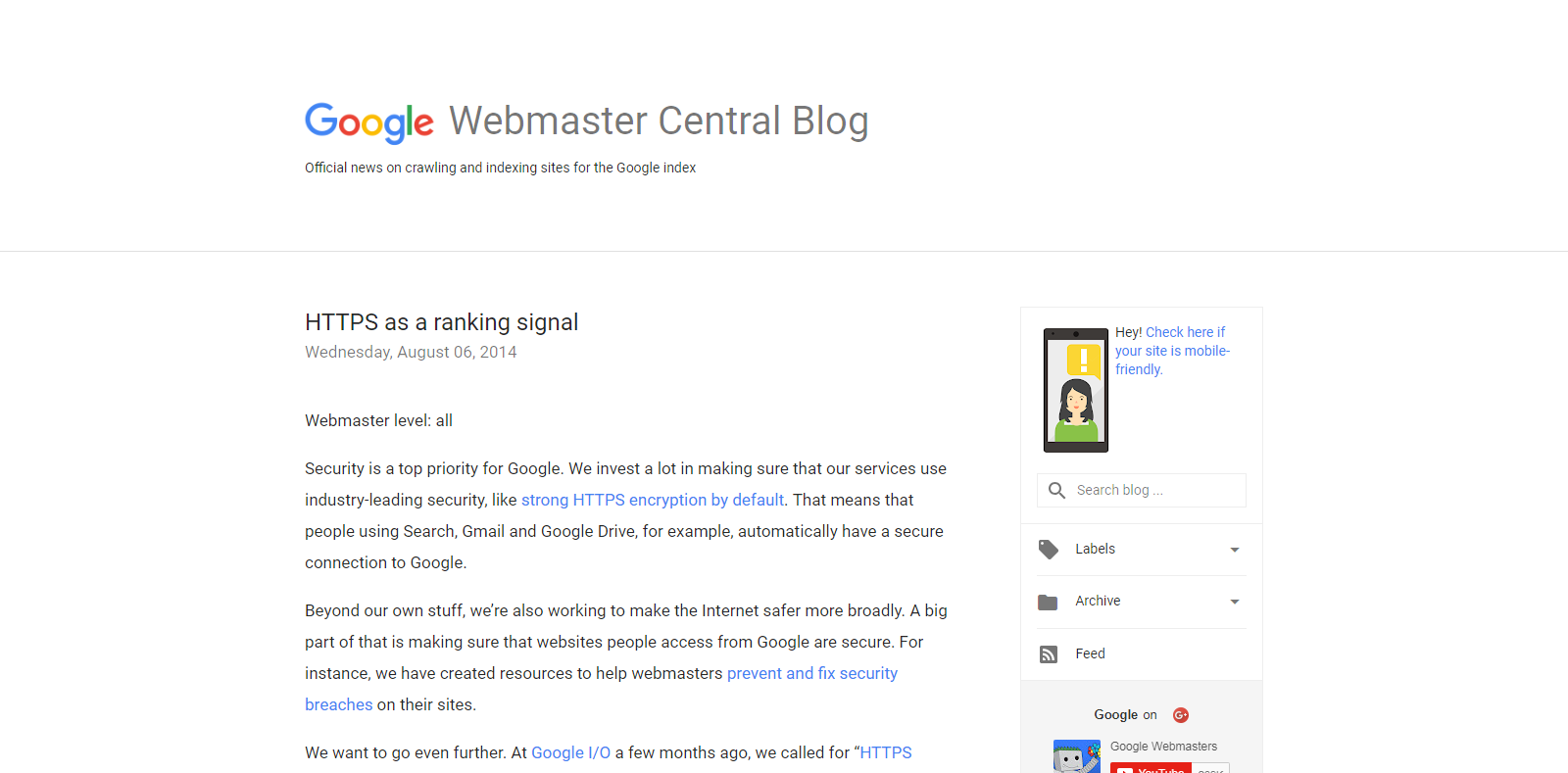Do you know how Google arranges the search result information on the result pages?
Their goal is to make sure the best and most relevant information from trustworthy websites shows up at the top of the SERP (Search Engine Results Pages.) This ensures search engine users have a good experience. User experience has always been a priority for Google.
With this in mind, the search engine judges the quality of every single web page it comes across. It judges a website’s quality based on the ranking factors. Google has over 200 ranking factors and they keep adding more to the list as the search engine evolves.
We explore some of the most important ranking factors in this article:

-
Domain Factors
The domain is much more than just a website name. It provides Google with a lot of information regarding the website. Website or business owners should consider the domain names carefully to get the highest rankings. Here are some factors to keep in mind:
- Domain names that pass through multiple owners might experience a problem. Google can reset the website history, which means the site will lose the built-up SEO.
- Keywords in domain names do give websites a slight edge over competitors, especially if you target the right keywords. This is because the website is much easier to find
- EMD or Exact Match Domains are no longer the short-cuts they used to be. There’s no guarantee that the EMD will show up at the top of a SERP just because the domain name of the matches the searched keyword.
- Country TLD extension will help your site rank higher in your country but lower on a global scale.
Domain names are important signals and one of the first things the search crawl bots will see. While other factors are more important, it is a good idea to keep this one in mind.
Also Read: Simple Ways to Immediately Improve your Google Rankings
-
Keywords
Keywords have always been a ranking factor, but how people use keywords and how Google looks at keywords has changed considerably. Well-researched keywords are still one of the most important factors, but you need to incorporate them into your content carefully. Here’s a look at what to expect:
- Keywords in title tags and H1 titles will help boost rankings.
- Placing keywords the start of the title tag delivers better results.
- Google will consider the number of times a keyword appears in the content. You shouldn’t go overboard because keyword stuffing is a black hat technique.
- LSI keywords or Latent Semantic Indexing Keywords provide Google with better insight into the content. Pages with them will rank higher.
- Content with keywords in the first 100 words ranks higher.
It is vital to conduct thorough keyword research to get the best data for your SEO efforts. A well-structured keyword inclusion campaign will have a positive impact on your rankings.
-
Mobile Performance
 This is no ranking factor more important and relevant in these times. Google has switched to Mobile-first index so it ranks your website based on its performance on the mobile platform.
This is no ranking factor more important and relevant in these times. Google has switched to Mobile-first index so it ranks your website based on its performance on the mobile platform.
You need to make sure your website delivers a smooth user experience on a mobile platform from the start to finish. Your website should have clickable links, ample white space, a responsive design, and quick load times.
-
Website Load Speeds
According to various studies and surveys, people expect their websites to look within 2 to 3 seconds. Websites that take longer than that have higher bounce rates and lower conversions.
Google also checks the page load speeds because of its impact on user experience. The web crawlers can determine your website load speed just by studying its HTML code. Google can also determine the speed based on Chrome user data.
-
User Experience
 As mentioned before, Google values user experience more than anything. A website that delivers poor user experience will not rank high. Poor user experience will also have an impact on the site’s reputation.
As mentioned before, Google values user experience more than anything. A website that delivers poor user experience will not rank high. Poor user experience will also have an impact on the site’s reputation.
Good user experience requires quick load times, well-structured website, good navigation, security certifications, internal links, and good content. Your website must deliver to rank high on SERPs.
-
Content
It has been said before, but this bears repeating; “content is king.” It is one of the most important ranking factors to consider today. If your content is great, you are going to rank high on the SERP. Just keep these factors in mind:
- All content should be well-written with proper grammar and sentence structure.
- Long form content influences ranking. Anything between 1,000 to 3,000 words will rank higher than content with less than 1,000 words.
- Word count only matters if the content quality is up to par. It isn’t a standalone ranking factor.
- Recent, updated, and thoroughly revised content rank higher than unaltered content.
It is important to plan content marketing carefully because it has such a big impact on rankings.
-
Backlinks
 During an interview, Google’s Mark Curtis mentioned content quality and backlinks to be two of the most important ranking factors. Backlinks help Google discover your page and determine its trustworthiness.
During an interview, Google’s Mark Curtis mentioned content quality and backlinks to be two of the most important ranking factors. Backlinks help Google discover your page and determine its trustworthiness.
It is important to gain backlinks from high-authority websites that have a good reputation in your industry. The quality of the backlinks matters more than the quantity.
Also Read: Create 110+ Free Dofollow Backlinks For New Blog In 10 Minutes
-
HTTPS
Getting an SSL certificate might seem like an unnecessary hassle, but it has a big impact on a website’s ranking. It is a definitive ranking factor, but it usually considered a tiebreaker. For example, if you have two websites with great content, backlinks, and authority, Google will rank the website with an SSL certificate higher.

-
User Interaction
User interaction has a massive influence on SERP ranking. Google wants to please search engine users. It takes into consideration what they like and what they don’t like to rank websites. It will consider factors like:
- Click-through rates
- Bounce rates
- Direct traffic
- Repeat visits
- Session duration
- Chrome Bookmarks
These are just some of the many user interaction factors Google will consider during ranking. That’s why it is important to get as much interaction from users as possible.
-
Brand
 Most people don’t think branding is a strong ranking factor, but it does have a lot of influence. Some of the things Google will consider include:
Most people don’t think branding is a strong ranking factor, but it does have a lot of influence. Some of the things Google will consider include:
- Brand searches
- Brand related keyword searches (Starbucks coffee beans)
- Known authorship.
- Social media following and popularity
- Brand mentions
- Brick and mortar locations
If your online brand presence is strong and good, you’ll rank higher on SERPs.
-
User Reviews and Online Reputation
Google will rank websites with good star reviews and great reputation higher than other websites. Reviews on websites like Google+, Yelp, Yellow Pages, etc, show the search engine that your brand is strong and liked by users.
This can also be used to downgrade your website so you need a solid reputation management system in place.
These are some of the most important ranking factors for you to consider while working on your SEO campaign.
Also Read: SEO Tips For Beginners
Author bio:
Aella Johns is an SEO executive working with Ranking By SEO. She has been writing articles on many topics related to SEO, link building, social media marketing, and many more.


